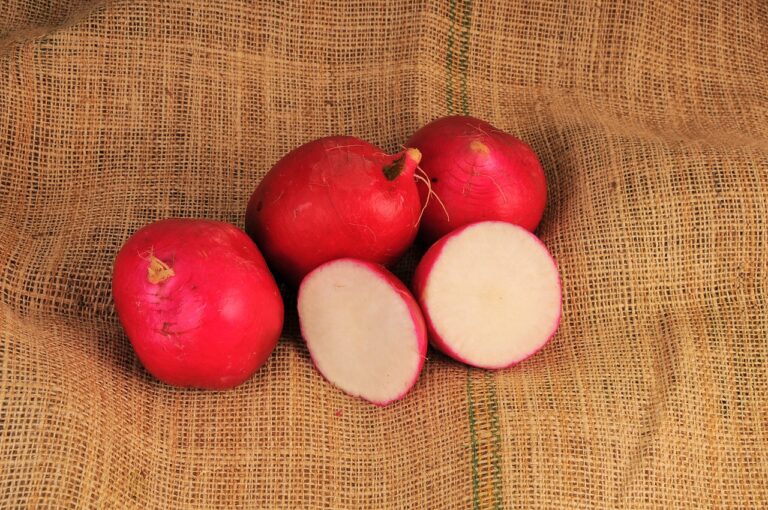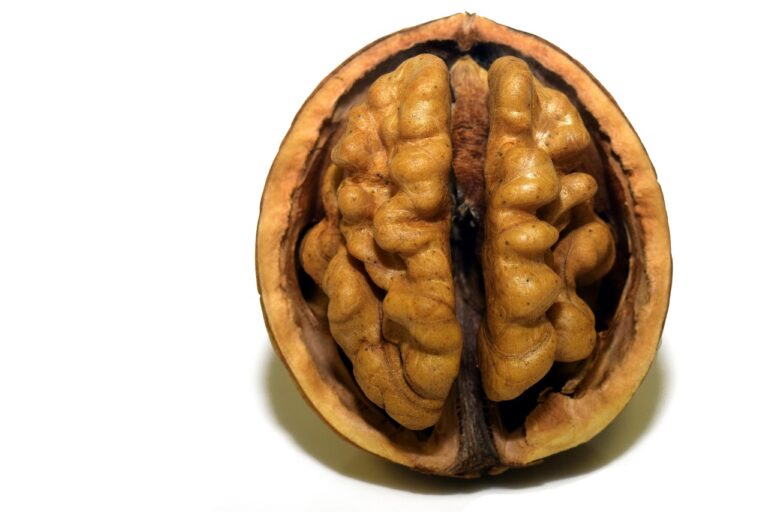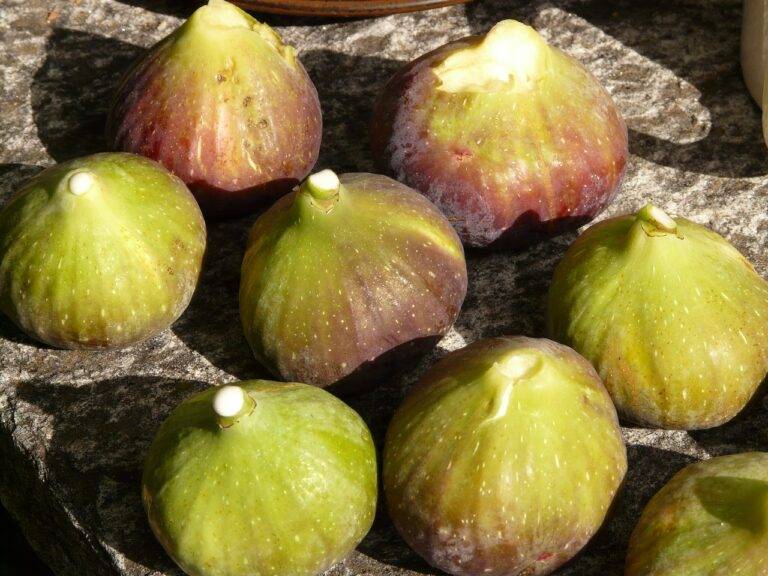Understanding the Link Between Diet and Gut Microbiota Composition: 11xplay reddy login, Laser247, Skyinplay exchange
11xplay reddy login, laser247, skyinplay exchange: Understanding the Link Between Diet and Gut Microbiota Composition
Have you ever heard the phrase, “You are what you eat”? Well, when it comes to the trillions of bacteria that reside in your gut, this saying couldn’t be more accurate. The composition of your gut microbiota, which refers to the diverse community of microorganisms living in your intestines, is heavily influenced by the foods you consume on a daily basis. In this article, we will explore the intricate relationship between diet and gut microbiota composition, and how making mindful dietary choices can positively impact your overall health.
The Gut Microbiota: A Complex Ecosystem
Before we delve into the role of diet in shaping gut microbiota composition, let’s first understand the complexity of this microbial ecosystem. The human gut is home to an array of bacteria, viruses, fungi, and other microorganisms, collectively known as the gut microbiota. These tiny inhabitants play a crucial role in maintaining our immune system, digesting food, synthesizing vitamins, and influencing our overall health.
The composition of the gut microbiota is unique to each individual, much like a fingerprint. Factors such as genetics, age, gender, and environment all play a role in shaping the diversity and abundance of these microorganisms. However, one of the most influential factors in determining gut microbiota composition is diet.
The Impact of Diet on Gut Microbiota Composition
What we eat has a direct impact on the composition of our gut microbiota. Different types of food can either promote the growth of beneficial bacteria or lead to an overgrowth of harmful bacteria. For example, a diet high in processed foods, sugar, and unhealthy fats can disrupt the balance of the gut microbiota, leading to a condition known as dysbiosis.
On the other hand, a diet rich in fiber, fruits, vegetables, and fermented foods can promote the growth of beneficial bacteria in the gut. These beneficial bacteria, such as Lactobacillus and Bifidobacterium, play a key role in maintaining gut health, supporting digestion, and reducing inflammation.
One of the main ways in which diet influences gut microbiota composition is through the production of short-chain fatty acids (SCFAs). When we consume fiber-rich foods, such as whole grains, legumes, and vegetables, our gut bacteria ferment the fiber and produce SCFAs. These SCFAs act as a source of energy for the cells lining the intestines and have anti-inflammatory properties, helping to maintain a healthy gut environment.
Another important aspect of diet-gut microbiota interaction is the concept of prebiotics and probiotics. Prebiotics are non-digestible fibers found in certain foods that serve as food for beneficial bacteria in the gut. Examples of prebiotic-rich foods include garlic, onions, leeks, and asparagus. Probiotics, on the other hand, are live bacteria and yeasts that provide health benefits when consumed in adequate amounts. Foods such as yogurt, kefir, kimchi, and sauerkraut are rich sources of probiotics.
Tips for Improving Gut Health Through Diet
Now that we understand the importance of diet in shaping gut microbiota composition, let’s explore some practical tips for improving gut health through dietary choices:
1. Eat a diverse range of whole foods: Incorporate a variety of fruits, vegetables, whole grains, legumes, nuts, and seeds into your diet to ensure a diverse range of nutrients for your gut microbiota.
2. Include prebiotic-rich foods: Consume foods high in prebiotic fibers, such as garlic, onions, bananas, and apples, to support the growth of beneficial bacteria in your gut.
3. Consume probiotic-rich foods: Add fermented foods like yogurt, kefir, kimchi, and sauerkraut to your diet to introduce beneficial bacteria into your gut microbiota.
4. Limit processed foods and sugar: Reduce your intake of processed foods, sugary snacks, and sugary beverages, as these can promote the growth of harmful bacteria in the gut.
5. Stay hydrated: Drink plenty of water throughout the day to help maintain a healthy gut environment and support digestion.
6. Listen to your body: Pay attention to how different foods make you feel and adjust your diet accordingly. Everyone’s gut microbiota is unique, so it’s important to find what works best for you.
FAQs
Q: Can I take probiotic supplements instead of consuming probiotic-rich foods?
A: While probiotic supplements can be beneficial in certain cases, it’s generally best to obtain probiotics from whole foods as they contain a diverse range of beneficial bacteria along with other nutrients.
Q: How long does it take to see improvements in gut health through dietary changes?
A: The time it takes to see improvements in gut health can vary from person to person. Some individuals may notice changes within a few weeks, while others may take longer. Consistency is key when it comes to making dietary changes for gut health.
Q: Are there specific diets that are recommended for improving gut health?
A: While there is no one-size-fits-all diet for gut health, a plant-based diet rich in fiber and diverse nutrients is generally recommended. However, it’s important to listen to your body and make dietary choices that work best for you.
In conclusion, the link between diet and gut microbiota composition is a fascinating and complex relationship that plays a crucial role in our overall health. By making mindful dietary choices and including a variety of whole foods, prebiotics, and probiotics in our diet, we can support a healthy and diverse gut microbiota. Remember, you truly are what you eat, so nourish your gut with the nutrients it needs to thrive.







